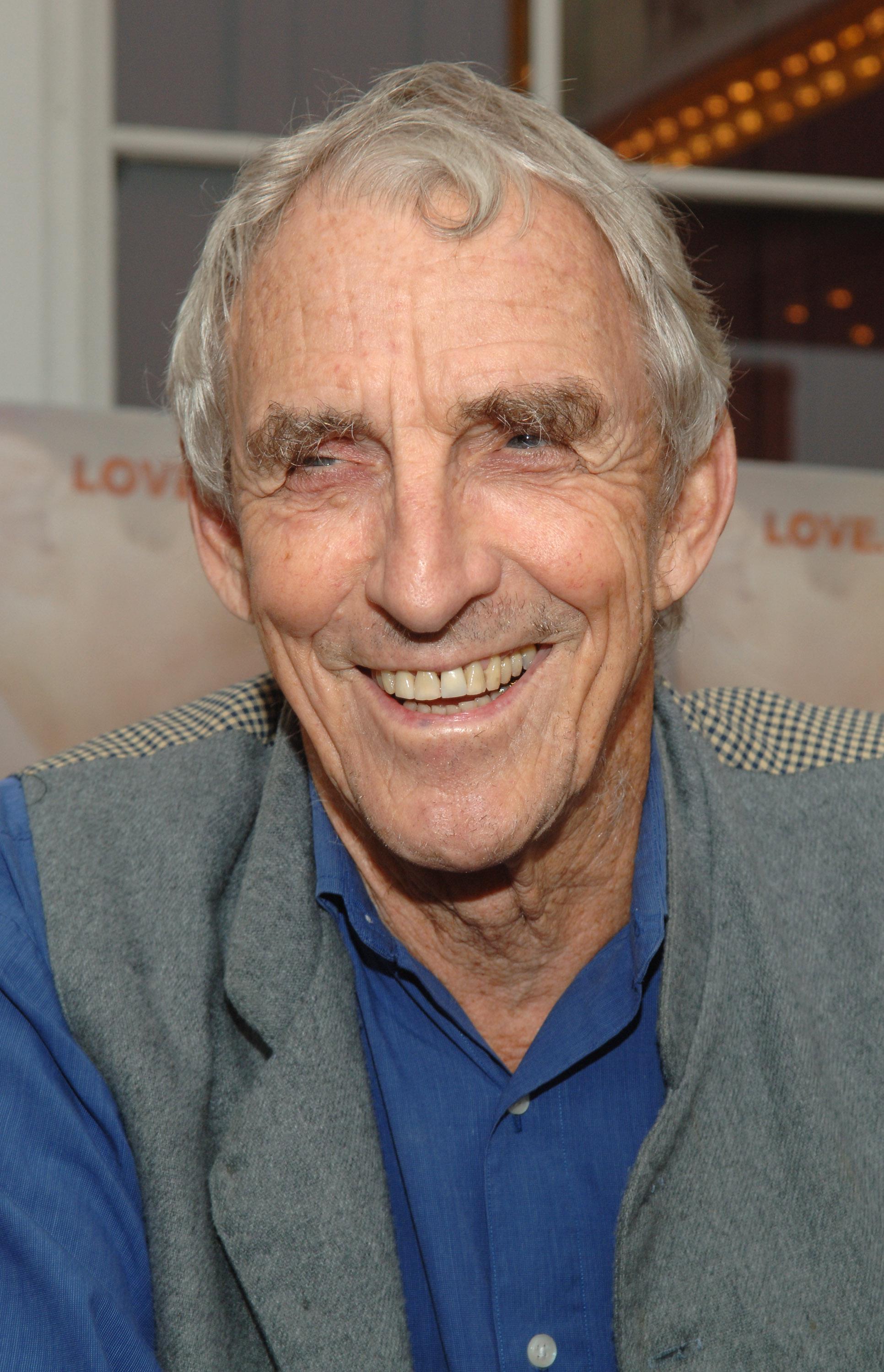Recent news stories about two very different authors highlight the interesting and often overlooked role the CIA played in the literary history of the 20th century.
The Washington Post’s Peter Finn and Petra Couvée write on newly disclosed documents that reveal the key role the agency played in the publication of Boris Pasternak’s 1957 Nobel Prize-winning novel Doctor Zhivago and its illicit distribution within Russia:
“This book has great propaganda value,” a CIA memo to all branch chiefs of the agency’s Soviet Russia Division stated, “not only for its intrinsic message and thought-provoking nature, but also for the circumstances of its publication: we have the opportunity to make Soviet citizens wonder what is wrong with their government, when a fine literary work by the man acknowledged to be the greatest living Russian writer is not even available in his own country in his own language for his own people to read.”
Dissident Russian authors weren’t the only ones to benefit from Langley’s patronage. Snow Leopard author Peter Matthiessen, who died over the weekend, worked for the agency in Paris in the early 1950s, the same time that he was founding the Paris Review. The New York Times obituary published yesterday notes that only years later did his friend and collaborator George Plimpton “discover, to his anger and dismay, that Mr. Matthiessen had helped found The Review as a cover for his spying on Americans in France.”
In an odd coincidence, the New York Times Magazine also published a long profile of Matthiessen a few days ago, in advance of the publication of his new novel In Paradise, in which the author discusses his spy days:
“I didn’t know anything when I went over there,” he said of his posting. “In those days, it was considered a patriotic act, to spy for your country. People were scared of the Cold War. You can’t blame them — everybody brandishing nukes. And here I am, a young Yalie, I’m always in the club drinking martinis, what did I know from politics?” It’s his standard explanation for how it happened, and though it imputes a high degree of naïveté to an already fiercely intelligent and independent young person, in its way it seems true enough. The C.I.A. wasn’t yet what it would become. “I’d started a first novel, and I had no way to pay for it,” Matthiessen said. “I was being urged to do something for my country, which appealed to my patriotic thing. I thought it was an ideal situation. And they also told me I would hardly have to do any work at all, that I would have plenty of time for my own.”
He was assigned to keep his eye on communist “enemies,” who were, he said, “out on the street corners peddling L’Humanité,” the party newspaper. In his spare time, he worked on his fiction…. Matthiessen’s double life in Paris would come to an end in 1953. He began to be disillusioned by the C.I.A., which in his estimation was filled mostly with Ivy League stuffed shirts who didn’t know or care anything about the poor people whom the communists were trying to reach. He was also repelled by the anticommunist witch hunts taking place in the United States. The environment as a whole “pushed me leftward,” as he put it. He has said that his stint as a spy was the only of his life’s adventures that he regrets.
There’s a long list of important writers who reportedly knowingly or unknowingly received support from the CIA at various points, ranging from Richard Wright to Robert Lowell, to Mary McCarthy—though few had quite as direct and active a relationship with America’s spy services as Pasternak and Matthiessen.
One of the more interesting literary espionage careers was that of Ernest Hemmingway, who cooperated at various points with agencies including the State Department, the OSS (predecessor to the CIA), and the FBI, as well as the Soviet NKVD. All of them found Papa to be equally useless as a spy.
